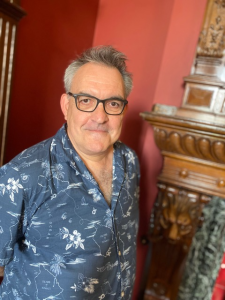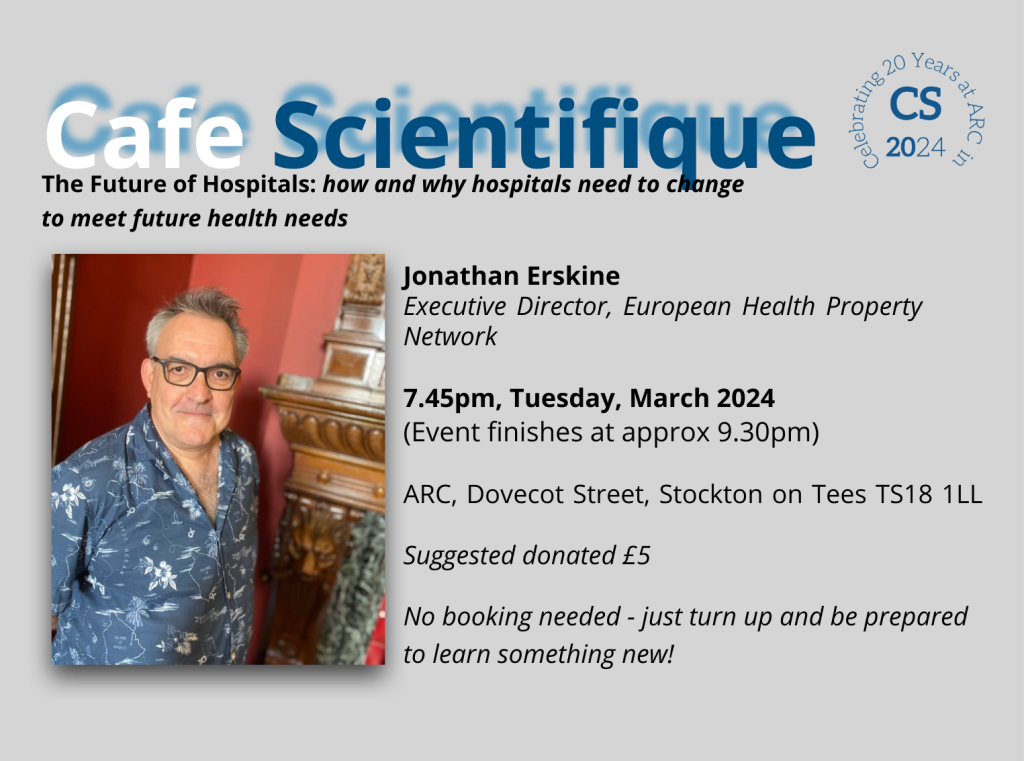Dynamic Pricing
ARC’s policy is to set ticket prices based on demand, like budget airlines, which means we set a price when the event goes on sale and then sometimes put the price up or down depending on how the show is selling. Usually, the price will increase as we get closer to the event, so it is advantageous to book in advance, although sometimes we will put special offers on and reduce the price. Our website will always show the current ticket price.

ARC’s theatre and dance performances are priced on a Pay What You Decide basis, which means you don’t have to pay until after you have seen a show!
We want to encourage more people to come and see shows at ARC, more often. Pay What You Decide not only allows you to pay what you can afford, rather than a fixed ticket price, but also removes the financial risk of buying a ticket for a show in advance without knowing whether you are going to enjoy it or not.
Tickets are available to book in advance as usual, but there is no obligation for you to pay until after you have seen the show. You can then decide on a price which you think is suitable based on your experience, which means if you haven’t enjoyed it at all, you don’t have to pay anything.
All money collected will help ARC pay the artists who have performed, and we therefore hope you will give generously.
Please ensure you have arrived and collected your tickets 15 minutes before the show starts in order to secure your seats. At the end of the show, you can decide what to pay, either by cash on the door or by card at the Box Office.
Suggested donation £5
Cafe Scientifique – Stockton on Tees
7.45pm, Tuesday 19 March 2024
We are delighted to be joined by
Jonathan Erskine
Executive Director, European Health Property Network
who will be discussing
The Future of Hospitals: how and why hospitals need to change to meet future health needs 
In a change to our published programme, we’re delighted that Jonathan Erskine, who unfortunately had to cancel in October 2023, is now able to join us.
Jonathan says – hospitals are under pressure in the UK and elsewhere. Health needs are changing, capital investment is constrained, specialist staff are scarce, drugs and equipment become ever more expensive and management of these organisations, always tough, seems harder than ever. What’s next for hospitals? Will they remain as the iconic institutions they have been for the past 150 years, or will they disaggregate into smaller, tech and data-driven units, supporting a more local health and wellbeing service? Will they be able to lead in their own reform, and be part of a redistribution of health resources, or will they somehow continue as siloed and monolithic institutions? What do we, as citizens, want from hospitals, and can they respond?
About the speaker – Jonathan stumbled into academic health service research in the early 2000s, when he joined Durham University’s Centre for Public Policy and Health as a Research Associate and then Research Fellow. His research was mainly into large-scale change in health systems; what helps or hinders change to happen. But he also took a keen interest in the links between the quality and safety of hospital (and healthcare) services and the physical environment that supports them. He became the director of the European Health Property Network, a pan-European, non-profit network of health facility design and engineering organisations, academic centres and hospital estates departments. He is now also an Honorary Professor at the Bartlett School of Sustainable Construction (UCL) and an occasional consultant to WHO (World Health Organisation), the World Bank and the Nuffield Trust.
Cafe Scientifique’s website
The Cafe’s website contains a list of all the talks they have held since they were set up in January 2004 and the talks for this season. Find out more at www.cafesci-stockton.org.uk
